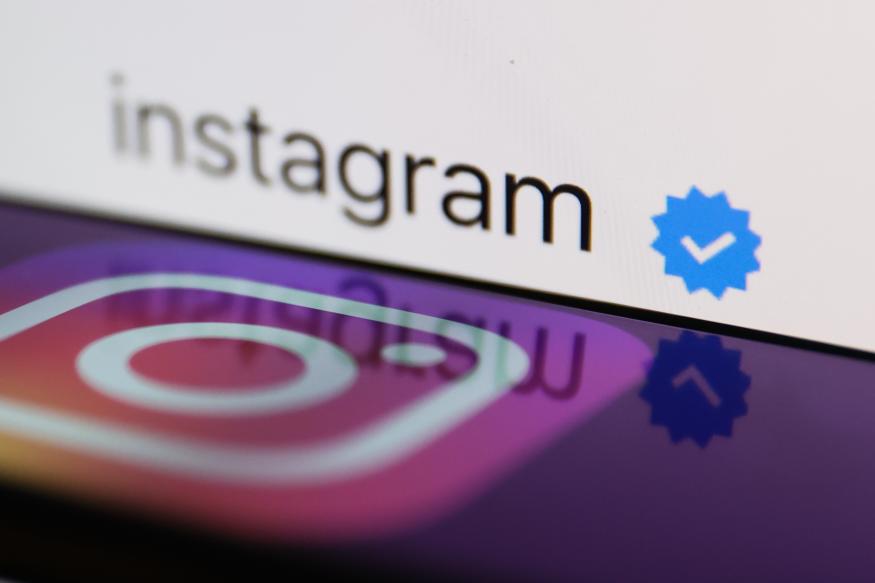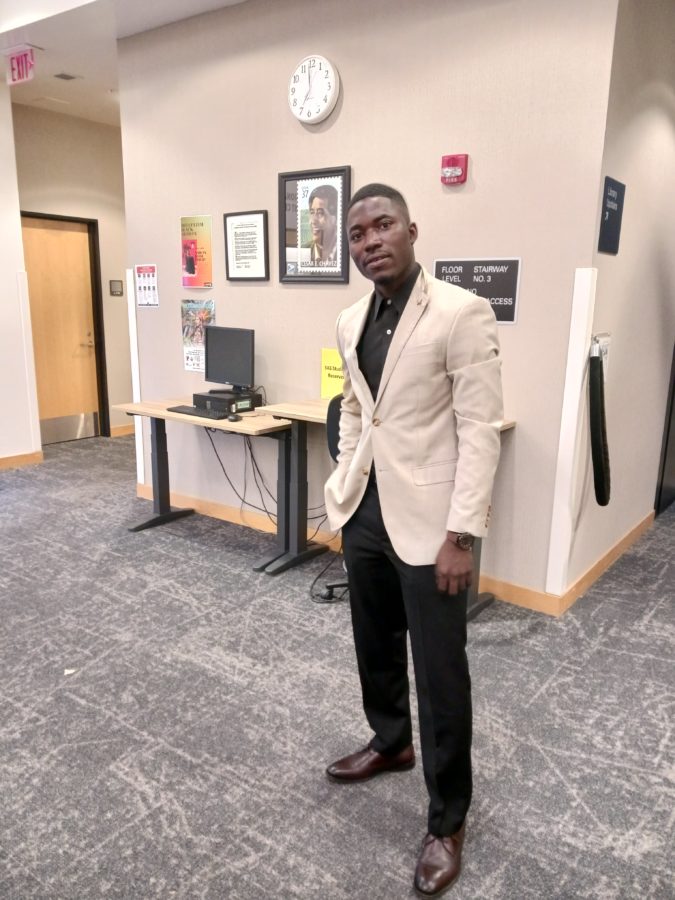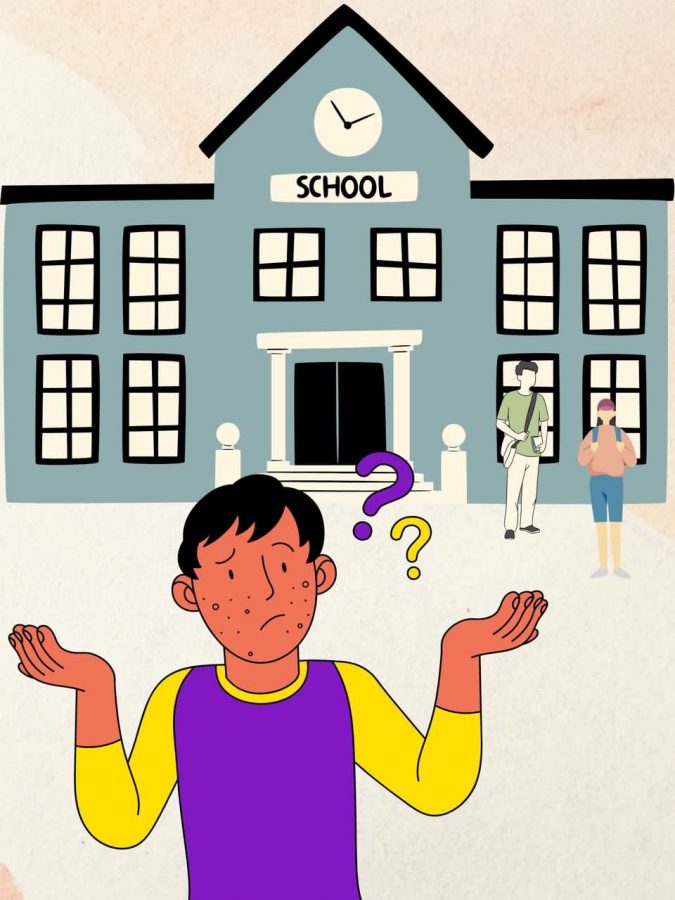When emotions are high, it is easy to get carried away and regress into a juvenile bully, but being a part of a community means maintaining good relationships with the members of that community.
As the world gets smaller, it is inevitable that we will come into contact with people with radically different ways of thinking.
There are a million different ways of living and seeing the world. Not everyone has the same values or the same way of expressing themselves.
Disagreements are natural, but they are an important component to progress.
We may not always agree with the way another person thinks, behaves or expresses him or herself, but we need to be more tolerant and patient when we encounter differences in others.
The important thing is to find a common ground where everyone feels included and heard.
Instead of jumping to unfair and hasty conclusions, we should ask questions and really try to understand where others are coming from and why they believe what they do.
This requires having a little bit of sympathy. Instead of focusing on the countless reasons you dislike someone, it would be more productive to focus on his or her positive or neutral qualities. Doing so may even help draw them out.
Even if we cannot manage to sympathize, if we focus on what is being said rather than getting personal, it will be easier to stay rational and address the larger issues.
Being civil does not mean not disagreeing and not standing up for what you believe in, it just means refraining from personal attacks, interrupting and other rude behavior.
It also means giving people the chance to speak and voice their concerns, comments and questions with proper time and acknowledgment.
Not only does being uncivil hurt people on a personal level, it keeps them from forming bonds that might otherwise strengthen the community.
We can start being more civil by being more active listeners and making sure we fully understand what a person is saying before we respond. Not only would this keep people from overreacting or having inappropriate responses, it would lead to more productive dialogues.
We often get attached to our own point of view and get angry when another person’s perspective contradicts ours. Instead of getting upset, listening can be the first step in synthesizing new, more well-rounded ways of seeing the world and dealing with problems.






